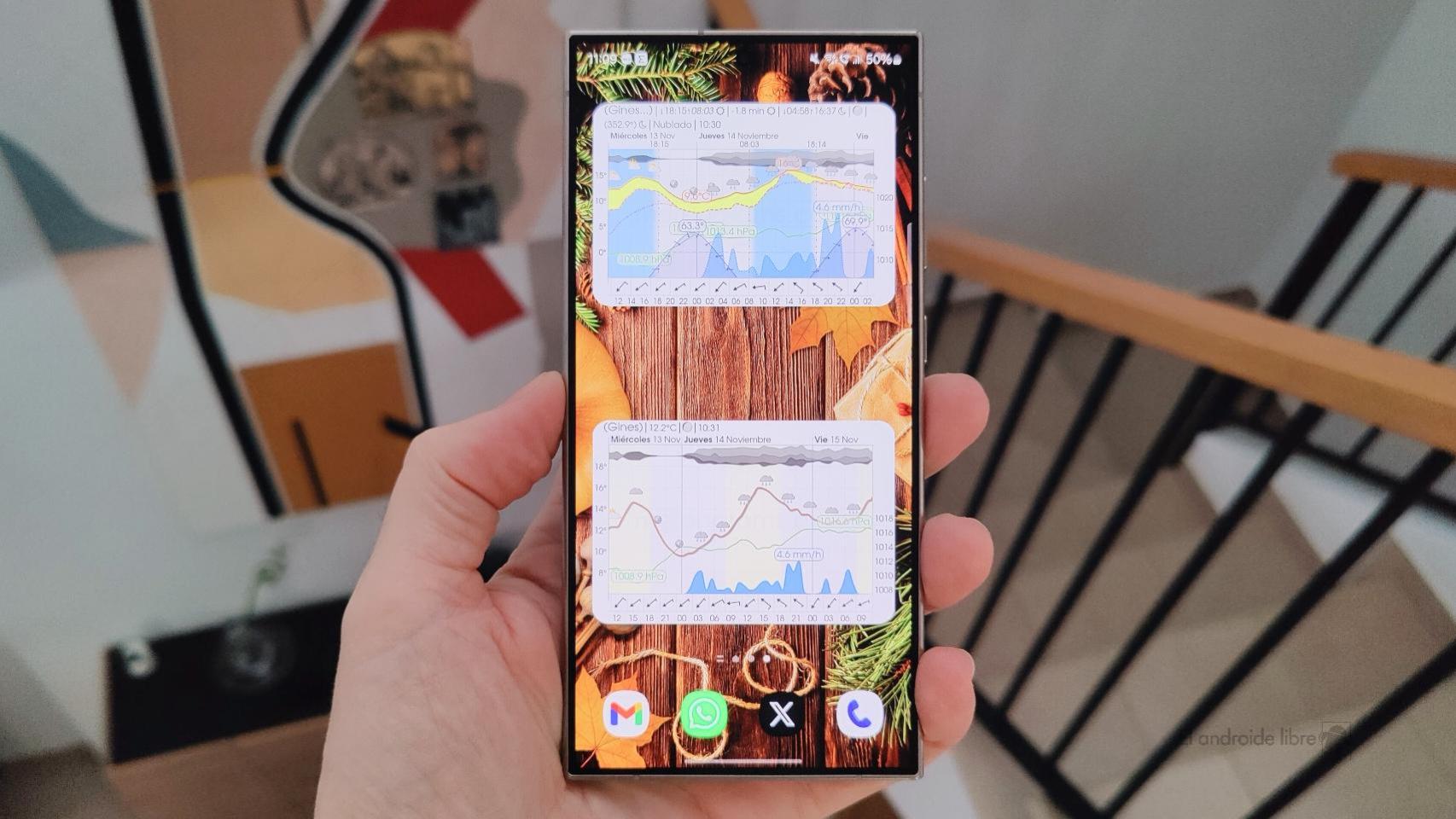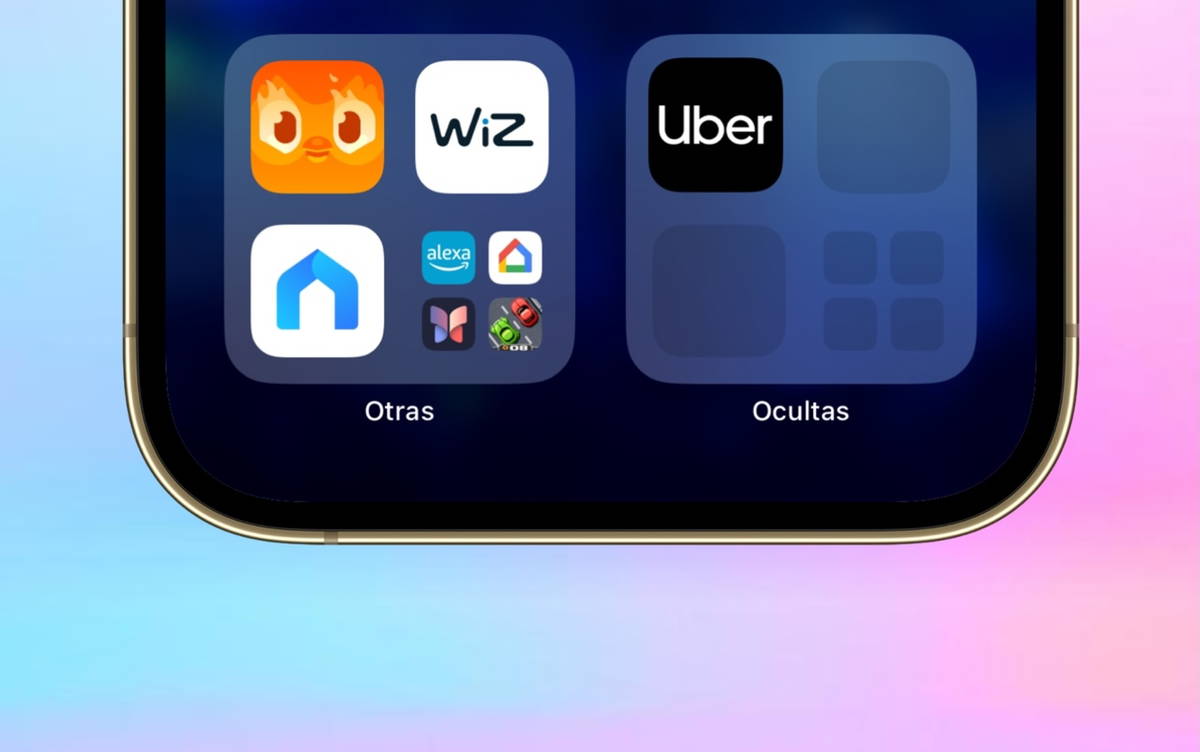Mark Gurman turned the rumor around a few days ago by raising the possibility of App Store competitors coming in future iOS updates. It would be the biggest change to the platform since 2008 and could make iOS unrecognizable.
But at the same time, it would open the door to something that always ends up benefiting the user: competition. The App Store would have to improve so that no competing store can attract too many developers. And yes, there are points where there is room for improvement.
The best version of the App Store is still on the way
The effect of having a single App Store is what it is: we see everything so standardized that we don’t realize how improvements could be applied. A good example is allowing practices such as apps that can be downloaded for free but they ask you to activate a subscription as soon as you open them
These types of apps have a strong presence in the App Store, taking advantage of in-app purchases to present themselves as free and sneak into lists of most downloaded apps. But there is nothing free in this case: you are asked for a subscription from the first second.
A store that doesn’t allow these practices could attract the attention of many, and the App Store has an easy solution: you can force these purchases to be well-marked (now look for a list of subscriptions that’s pretty hidden ) or prohibit it directly.
The problem of applications with misleading subscriptions is still there, despite the measures that Apple applies
Another more serious problem that I can also mention is that of deceptive subscriptions: there are apps that use a very simple theme (like offering wallpapers) that try to get you to subscribe with abusive fees, trying to confuse with the contractual message. Their goal: to encourage less knowledgeable users to subscribe and get started paying fees without them realizing it.
As early as 2018, the media commented on these practices, Forbes pointing to QR code readers that charged users an annual subscription of $150. In addition, the makers of these applications are announced in the App Store, thus standing out to attract attention:
In 2019, Apple applied additional measures to mitigate the problem, but unfortunately it did not completely disappear.
Then we can’t forget events like the one that happened with App Store ads, where users’ own reviews were what set Apple back: ads for online betting apps have appeared in app tabs to detox you from addiction to these bets, or even in apps for kids. Fortunately, this was fixed within a few days.
It is these types of cracks that other companies can take advantage of to promote their alternative app stores. And there’s the good news: Apple will improve and refine its rules to prevent developers from opting out. And it is an advantage for us, that we’ll win a better app store (and apps).









